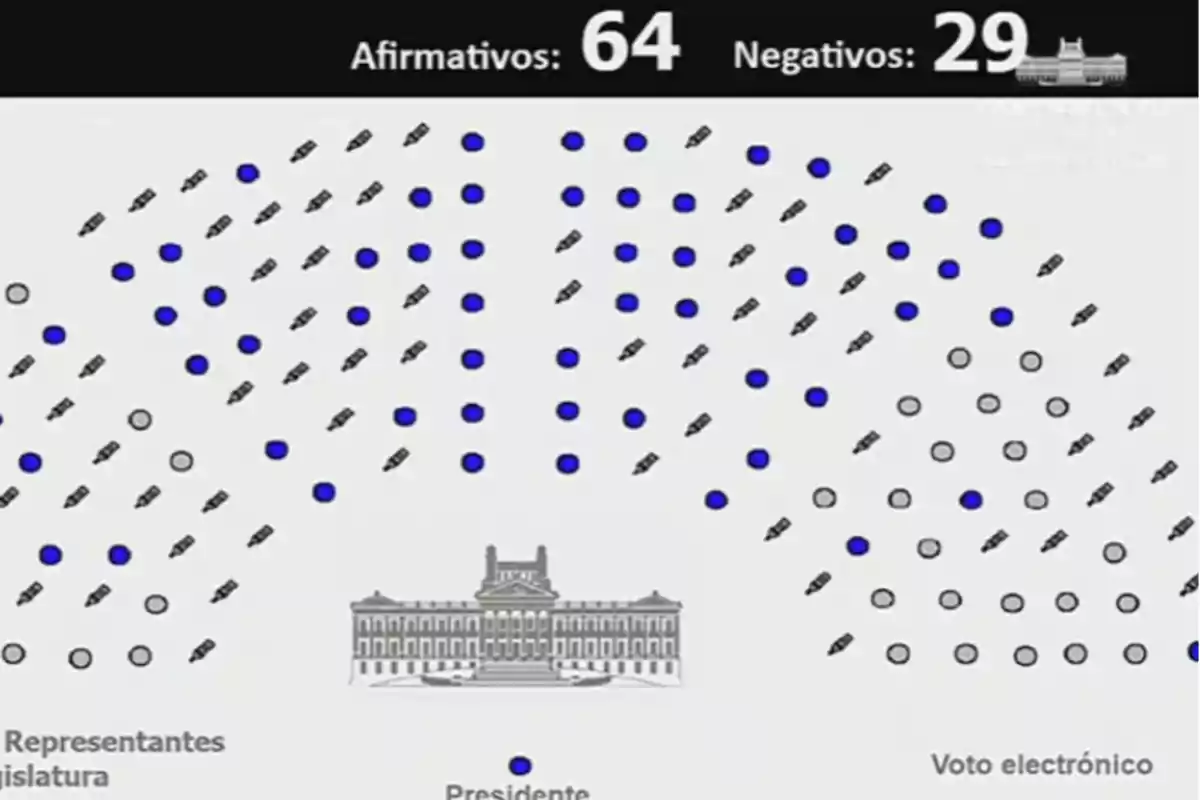
Controversy in Uruguay: Congress moves toward the legalization of euthanasia
The Chamber of Deputies approved a controversial bill that allows assisted death
In a session that lasted more than five hours, the Chamber of Deputies of Uruguay approved a bill in the early hours of Wednesday that legalizes euthanasia, with 64 votes in favor and 29 against. The measure, which must now be evaluated by the Senate, could make the country the third in Latin America to allow assisted death, along with Colombia and Ecuador.
However, far from generating consensus, the initiative has sparked strong criticism. Bioethics specialists, religious organizations, and political sectors warn that the regulation opens the door to dangerous and difficult-to-control practices, affecting the intrinsic value of human life.
Risks and ethical concerns
The bill establishes that adults with full mental capacity who face an incurable disease or unbearable pain may request euthanasia, following evaluation by two health professionals.

Critics of the text argue that these definitions are ambiguous and that the law could lead to abuse or pressure on vulnerable patients, especially those with limited resources or in a state of dependency. They also emphasize that Uruguay has advanced palliative care that could be strengthened instead of opting to end the patient's life.
Political support with firm opposition
The proposal, promoted by the leftist party Frente Amplio and supported by opposition sectors, was endorsed by the Health Commission in July. Its supporters state that it is an individual right, while its detractors warn of a cultural shift that could trivialize death and weaken the State's responsibility to protect life.
Although a 2022 Factum survey indicated that 77% of respondents supported euthanasia in extreme cases, opposing voices insist that circumstantial majorities should not define essential ethical issues.
A complex precedent in the region
Colombia and Ecuador already have legal frameworks that allow euthanasia, but in both countries the debate remains open and judicial and medical controversies are ongoing.

For Uruguayan critics, moving in the same direction is "copying problems" instead of strengthening health policies that prioritize life.
Next decision in the Senate
The ruling party expects to vote on the bill before the end of the year. If approved, Uruguay would go from considering euthanasia as "compassionate homicide" to legalizing it, which would mark a deep and, for many, dangerous legislative change.
Those who reject the measure call on senators to halt the progress of this law and open a broader debate on palliative care, comprehensive assistance, and support for patients and families in critical situations.
More posts: